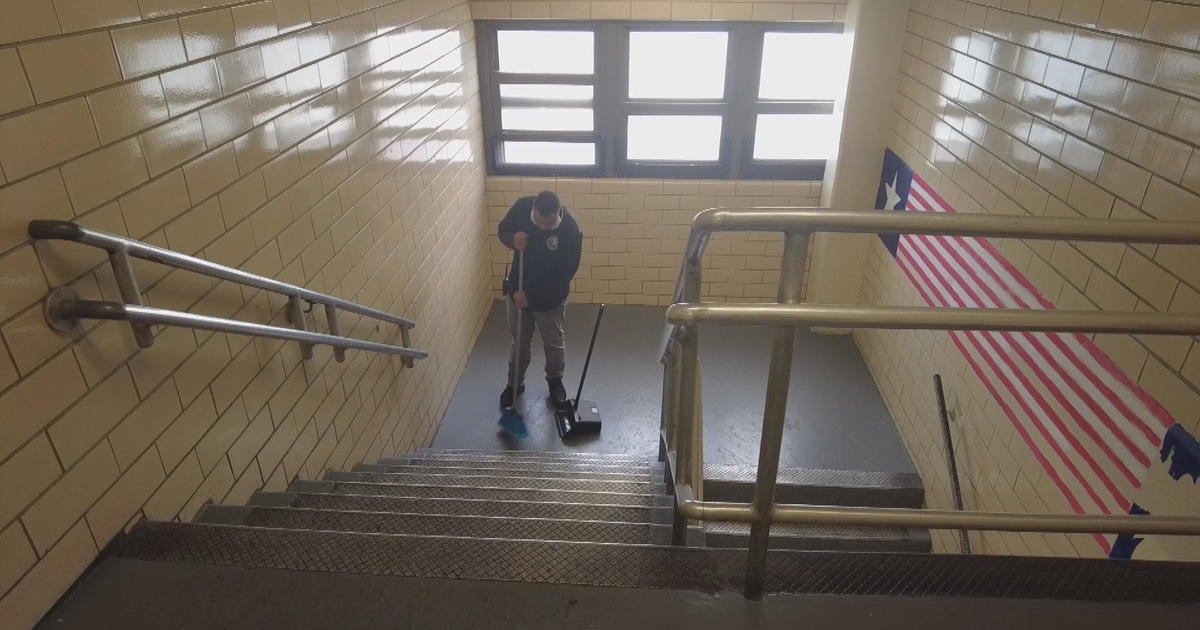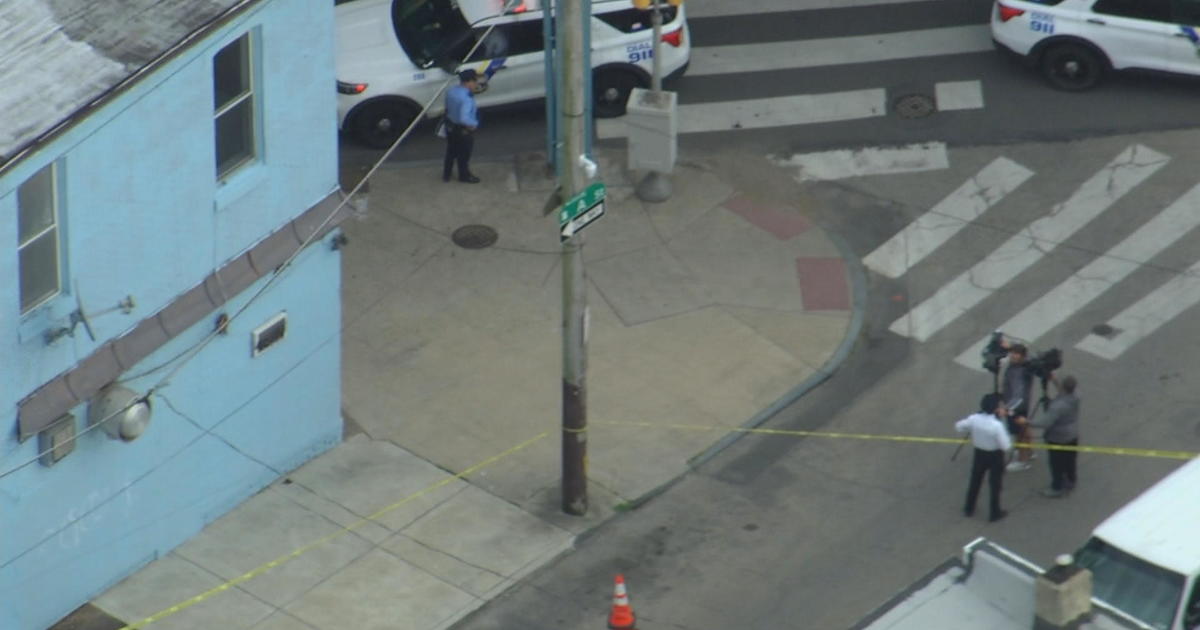Movie Review: 'American Pastoral'
By Bill Wine
KYW Newsradio
PHILADELPHIA (CBS) - American Pastoral is the movie version of Philip Roth's Pulitzer Prize-winning 1997 novel about the father of a terrorist.
It represents the directorial debut of actor Ewan McGregor, who stepped in when director Philip Noyce dropped out of the project.
McGregor also stars in the period drama as Seymour "Swede" Levov, a Newark, New Jersey star athlete who would seem to be living out the American dream, married to Dawn, a former beauty pageant winner played by Jennifer Connelly, and running a successful business – his father's (Peter Riegert) glove factory -- as a Jewish-American pillar of his community.
But the social and political turmoil during the administration of President Lyndon Johnson takes its toll on Levov and then some, as his dream of an upper-middle-class life turns into a nightmare because his radicalized daughter, Merry, played by Dakota Fanning, becomes a violent revolutionary and her actions threaten to tear the family apart.
The framing device in John Romano's adapted screenplay is a 45th high school reunion attended by Roth's frequent alter ego, writer Nathan Zuckerman, played by David Straitharn, who catches up on Swede's story when he runs into Swede's brother, Jerry Levov (Rupert Evans), at the reunion.
We then flash back to the 1960s as his classmate fills him in on the way Jerry's recently deceased older brother spiraled downward, living a life that was very different – and decidedly less happy and satisfying – than Nathan had imagined.
The defining moment of Swede's life occurred in 1968, when angrily rebellious teenager Merry set off a bomb as a protest against American involvement in the Vietnam War.
A bystander was killed, and Merry went into hiding – from everyone, including her parents, which essentially traumatized Swede for the rest of his life.
Roth is looking back at the various upheavals of the late sixties and early seventies – at the war in Vietnam, at the racial strife, at the Newark riots, at the sexual revolution, at the Watergate scandal – and trying to provide a context for the loss of innocence in America and the way sociopolitical events affected everyday lives and fostered intergenerational conflict.
This is a tough first directing assignment and McGregor struggles with it, although his own work in the lead role is characteristically fine, as are the supporting performances by Fanning and Connelly – the latter in an underwritten role.
McGregor's vast experience as an actor would seem to have paid off.
But in telling his story, he hasn't gotten his film's themes to resonate as strongly as he and we wish. Perhaps it's the fault of a script that is overly faithful to the source material. Whatever it is, the central tragedy of this melodrama should affect us much more than it does.
Roth, a master of dense prose, has never been an easy author to translate from the page to the screen, as the list of adaptations of his works demonstrates, including Portnoy's Complaint, Goodbye Columbus, The Human Stain, Elegy, and the recent Indignation.
Perhaps the problem this time is that McGregor lacks experience in the director's chair. He's certainly competent, but a more creative approach might have been called for. Or perhaps it's just because "American Pastoral" is another Roth book that virtually defies movieization by the adapter. As rich and layered and complex as the book might have been, the screen version comes up short and leaves us wanting.
The personal story and the political story should complement and comment on each other. Instead, they merely co-exist as two overlapping dramas.
So we'll rebel against 2 stars out of 4. Thematically interesting as this look back at the sixties might be, the film version of American Pastoral is visually uninspired and emotionally flat.




